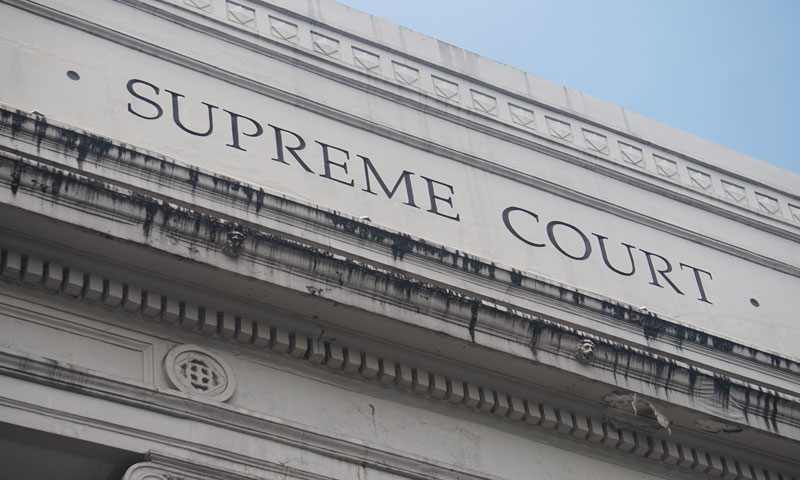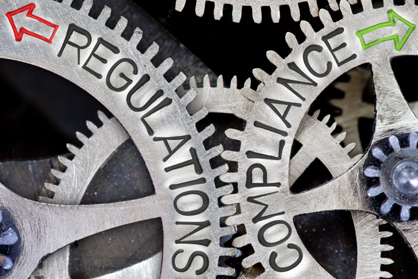In a forthcoming law review article set to be published in the University of Pennsylvania Law Review, two conservative law professors assert that former President Donald Trump is disqualified from holding public office under the 14th Amendment due to his alleged engagement in insurrection. The scholars, William Baude from the University of Chicago Law School and Michael Stokes Paulsen from the University of St. Thomas School of Law, conducted a detailed analysis using methods of originalism to examine the “insurrection” phrase in Section 3 of the 14th Amendment.
Section 3 of the 14th Amendment restricts individuals who have taken an oath to support the U.S. Constitution from holding office if they have “engaged in insurrection or rebellion” against the Constitution, or if they have “given aid to the enemies” of the United States. This ban can be lifted through a supermajority waiver by Congress. While initially aimed at barring former Confederate legislators and officers from taking office after the Civil War, Section 3 remains applicable beyond that context, as Baude and Paulsen emphasize.
The law professors highlight several factors that they argue support Trump’s disqualification from office under the 14th Amendment. They reference Trump’s claims that the 2020 presidential election was “stolen” and “rigged,” along with his alleged attempts to influence state officials, courts, and legislatures to overturn the election results. Baude and Paulsen also point to Trump’s actions in assembling competing state electors and pressuring Congress not to count electoral votes. They underscore his role in the events leading up to the January 6, 2021, U.S. Capitol riot, including an “incendiary address” to his supporters and his subsequent failure to immediately condemn the violence.
See also: Former President Trump Enters Not Guilty Plea in Election Obstruction Case
The scholars put forth four key arguments in their article:
Let us help you advance your legal career – submit your resume to BCG Attorney Search now.
- Continued Legality: Contrary to the perception of being a dead letter, Section 3 of the 14th Amendment remains legally operative, despite amnesty votes in 1872 and 1898. Those years’ votes removed legal disqualifications already in effect, indicating that the disqualification was inherent.
- Self-Executing Clause: Baude and Paulsen contend that Section 3 is legally self-executing, requiring no additional legislation or court decision to trigger the disqualification. This makes it applicable to state election officials and federal and state lawmakers alike.
- Superseding Conflicting Provisions: The scholars assert that Section 3 supersedes previous constitutional provisions with conflicting terms, even those protecting free speech under the First Amendment.
- Sweeping Disqualification: The authors emphasize the broad scope of disqualification for individuals who have “engaged in” insurrection, which they argue encompasses Trump’s actions aimed at overturning the 2020 presidential election.
Conservative legal scholar Steven Calabresi, from Northwestern University Pritzker School of Law, supports Baude and Paulsen’s conclusions. He suggests that former New Jersey Gov. Chris Christie could challenge Trump’s eligibility for the ballot, prompting a Supreme Court decision on whether Trump incited an insurrection.
However, not all legal experts agree with Baude and Paulsen’s interpretation. Lawyer James Bopp Jr., who has represented House members contesting Section 3 allegations, criticized their view as overly broad and “completely anti-historical.” Michael McConnell, a Stanford Law School professor, argues that terms like “insurrection” and “rebellion” imply larger-scale uprisings using violence and should not be diluted to include mere civil disturbances. McConnell also warns against granting partisan authorities the power to disqualify opponents from the ballot, citing concerns about undermining democratic processes.
Don’t be a silent ninja! Let us know your thoughts in the comment section below.














































